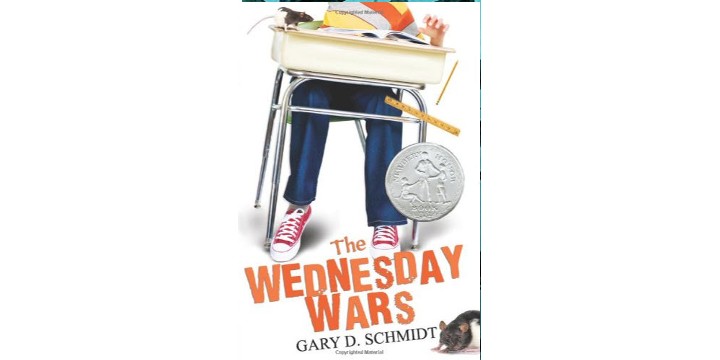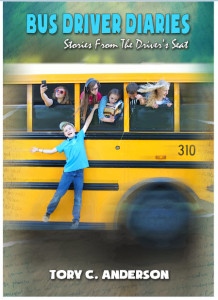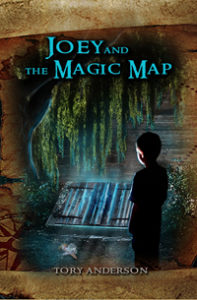I’m reading Gary Schmidt a little bit backwards. I started with Okay for Now. I’ve finally read its predecessor, Wednesday Wars. It was good to finally meet the Holling Hoodhood who was so kind to Doug Swieteck at the beginning of Okay for Now and then never seen again. Reading Wednesday Wars made me feel like I could believe in Santa Claus again the way I did when I was a child. No, the book doesn’t have a Christmas theme. It has an education theme. Replace “Santa” with “a classroom experience that is warmly and deeply meaningful” and you will know what I mean.
Wednesday Wars is set in the mid-1960s, a time—for me—that was not so long ago. Pop bands still wore matching costumes. My family dressed up in our Sunday best for our annual Christmas Eve dinner even though we had no guests. Some teachers still had a paddle hanging on their classroom wall with which they enforced the rules. Times were certainly different then. This difference is what Schmidt so skillfully captures in his story.
Holling Hoodhood—and no, that last name is not a typo—is the only non-Jew/non-Catholic in his seventh grade class. He is the lone Presbyterian. This means that on Wednesdays, when the Jewish kids and the catholic kids get out of school to go to their respective religious training, Holling must remain in class. For his teacher, Mrs. Baker, this means she will not have the afternoon free to grade papers, prepare lesson plans, read a novel or whatever it is that a teacher would do with that much free time. When she realizes this she gives Holling a look that he interprets as, “She hates my guts.” She takes revenge on Holling by making him read Shakespeare, discuss Shakespeare, take tests on Shakespeare, and write papers on Shakespeare. It’s horrible, although in the end it’s quite wonderful.
The book is written from Holling Hoodhood’s perspective in his voice, yet so many characters filling out his life materialize into our lives where they will remain forever. There’s Danny Hupher, Hollings good friend; Mrs. Baker, the teacher that takes her revenge; Mai Thi, the lone Vietnamese student; Meryl Lee, Hollings first kiss; Doug Swieteck and Doug Swieteck’s brother, both are trouble; and so many more.
It is his English class that connects all these characters together. It is a classroom where the teacher rules with uncontested authority while also ruling with a humanity that doesn’t seem possible in today’s litigious society. It is a classroom where pans of delectable cream puffs get coated with chalk dust or devoured by ravenous, escaped, pet rats. It is a classroom where kids hide under desks to escape simulated nuclear blasts. It is a classroom where students bond in those complicated ways of children on the verge of young adulthood. It is a classroom where a boy and his teacher can bond in a beautiful, wholesome way. It is a classroom that you and I either remember or wish we remembered.
In Wednesday Wars Schmidt has captured the nostalgia of the 60s in its infamy and its glory. We may no longer be able to experience hot pans of cream puffs made just for our class by the school cafeteria; we don’t get to hang out the window and clap erasers together to clean them; we won’t get a year of 1 on 1 time with a teacher to study Shakespeare; and we don’t get to go on two-night, class camping trips in the woods; but in Wednesday Wars Schmidt manages to bring the better part of humanity—the part that never grows outdated—to the 21st Century and help us remember how wonderful it is to be a human being.
These books by Tory Anderson are now available on Amazon in Kindle and paperback format:





